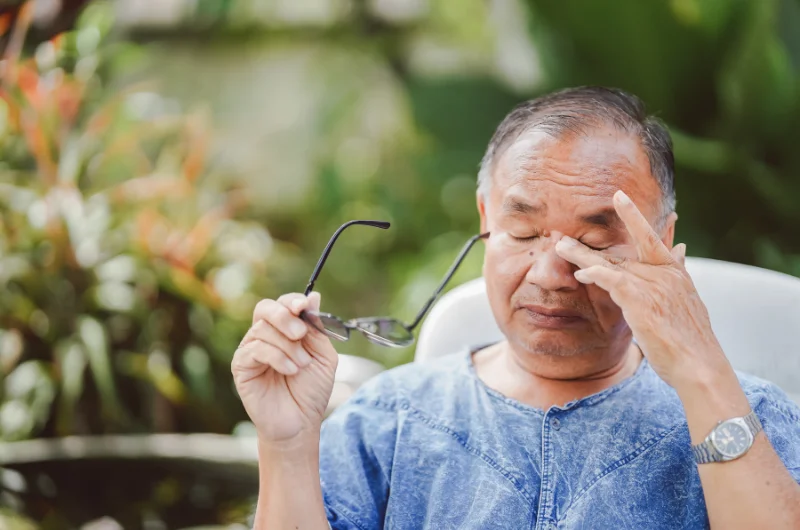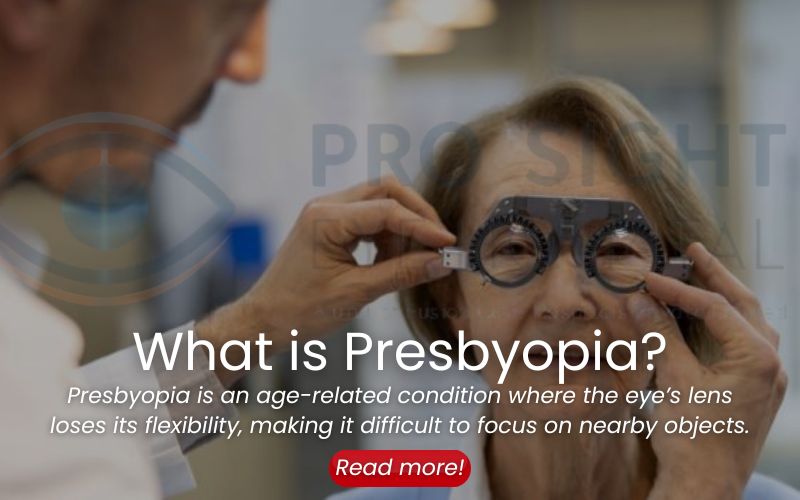
Air Pollution and Eye Irritation: Exploring the Link and Solution
In today’s rapidly urbanizing world, air pollution is one of the most urgent environmental and public health issues. Although its effects on the lungs and heart are all too well understood, the fact that our eyes are harmed by dirty air is a less-talked-about but important issue. With burning, gritty feelings, or persistent dryness, eye irritation affects many people every day without their knowing that the underlying cause is poor air quality.
How Air Pollution Affects Your Eyes?
Our eyes are more directly exposed to the external environment and hence to airborne pollutants. The most common irritants are:
- Particulate Matter (PM2.5 and PM10): These ultra-fine particles can deposit on the surface of the eyes, resulting in redness, irritation, and discomfort.
- Ozone (O₃): In smog, ozone produces inflammation and may worsen conditions such as dry eyes or allergic conjunctivitis.
- Sulfur Dioxide and Nitrogen Dioxide: Released by cars and manufacturing plants, these substances can irritate the ocular mucous membranes, inducing burning and stinging.
- Smoke and Chemical Fumes: Prolonged exposure can compromise the tear film that coats the eyes, resulting in chronic dryness and sensitivity.
Common Symptoms of Eye Irritation Due to Pollution
- Redness and inflammation
- Dryness and gritty sensation
- Excessive tearing or watering
- Blurred vision
- Burning or stinging feeling
- Sensitivity to light
These symptoms often worsen during high-pollution days, especially in densely populated urban areas or during seasons of smog and dust storms.
Who Is Most at Risk?
Although anyone can get eye irritation due to pollution, some groups are more at risk:
- Individuals with existing eye diseases (such as dry eyes or allergies)
- Those who work outdoors for prolonged periods or in traffic
- Older individuals with decreased tear production
- Contact lens users
Solutions and Eye Care Tips
- Protect Your Eyes Outdoors: Wear sunglasses that wrap around your face to protect your eyes from dust, smoke, and pollutants.
- Stay Hydrated: Drink plenty of water to maintain tear production and overall eye moisture.
- Use Artificial Tears: Eye lubricating drops may wash away impurities and soothe dryness.
- Don't Rub Your Eyes: This will aggravate redness and distribute toxic particles on the eye's surface.
- Avoid Going Out at Peak Pollution Times: Reside indoors from dawn until dusk or late at night when pollution rates tend to be highest.
- Install Air Purifiers Indoors: Clean air indoors prevents prolonged exposure to airborne allergens.
- Regular Eye Check-ups: See an eye care specialist for an in-depth assessment, particularly if symptoms are prolonged.
Advanced Solutions at Pro Sight Eye Hospital
At Pro Sight Eye Hospital, we understand how environmental factors like air pollution impact your eye health. Our expert ophthalmologists offer:
1. Comprehensive eye exams
2. Customized treatment plans for dry eyes and allergies
3. Advanced therapies including anti-inflammatory treatments, tear duct plugs, and more
With best diagnostic equipment and patient-centered treatment, we guarantee your eyes receive the comfort they need.
Air pollution can't be seen, but it can definitely be felt in our eyes. We can save our vision in a polluted environment by understanding the symptoms and taking a preventive measure. If you are finding your eyes persistently irritated, don't take it lightly — get professional help at Pro Sight Eye Hospital and treat your eyes to the comfort they deserve.


